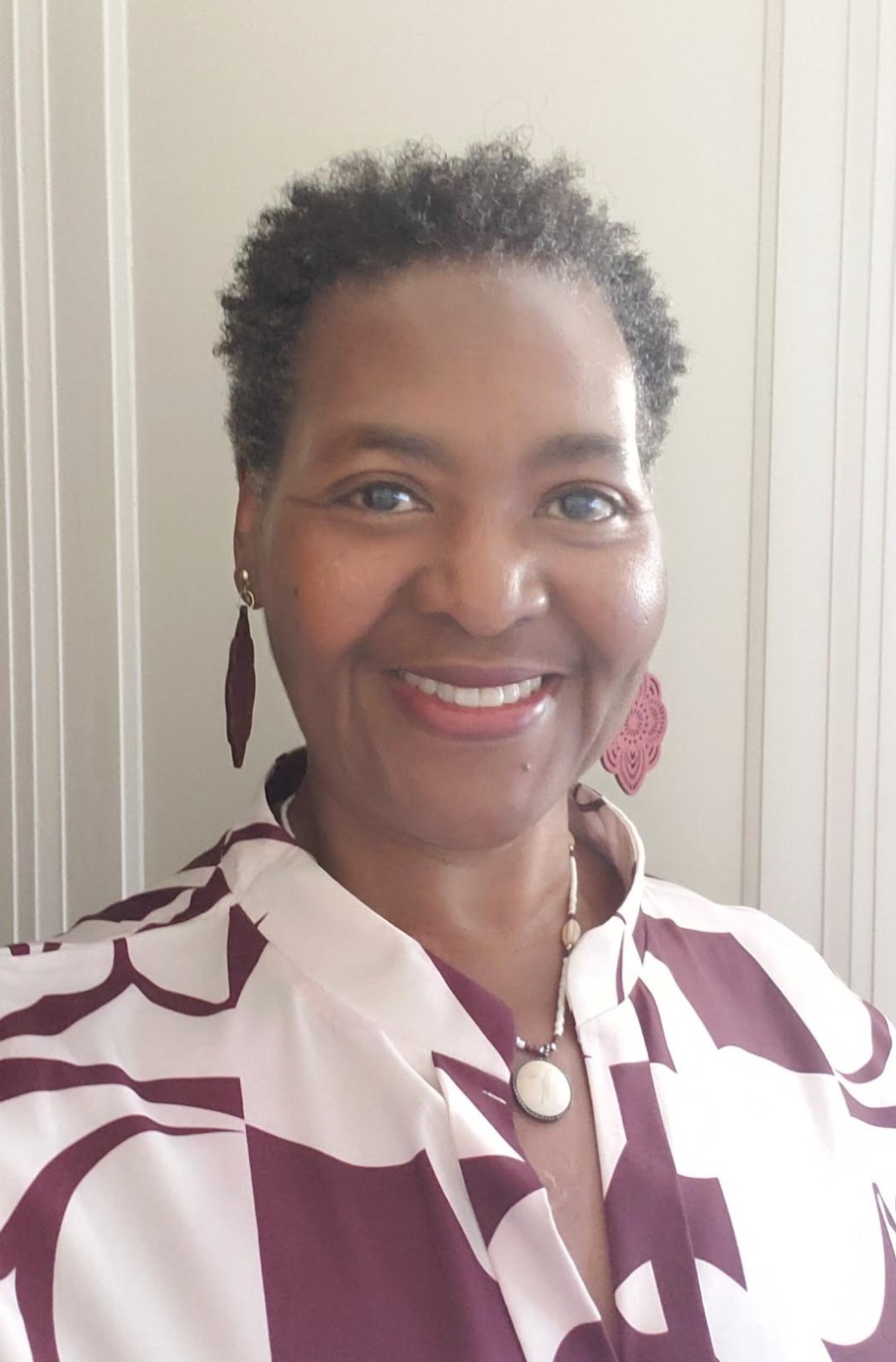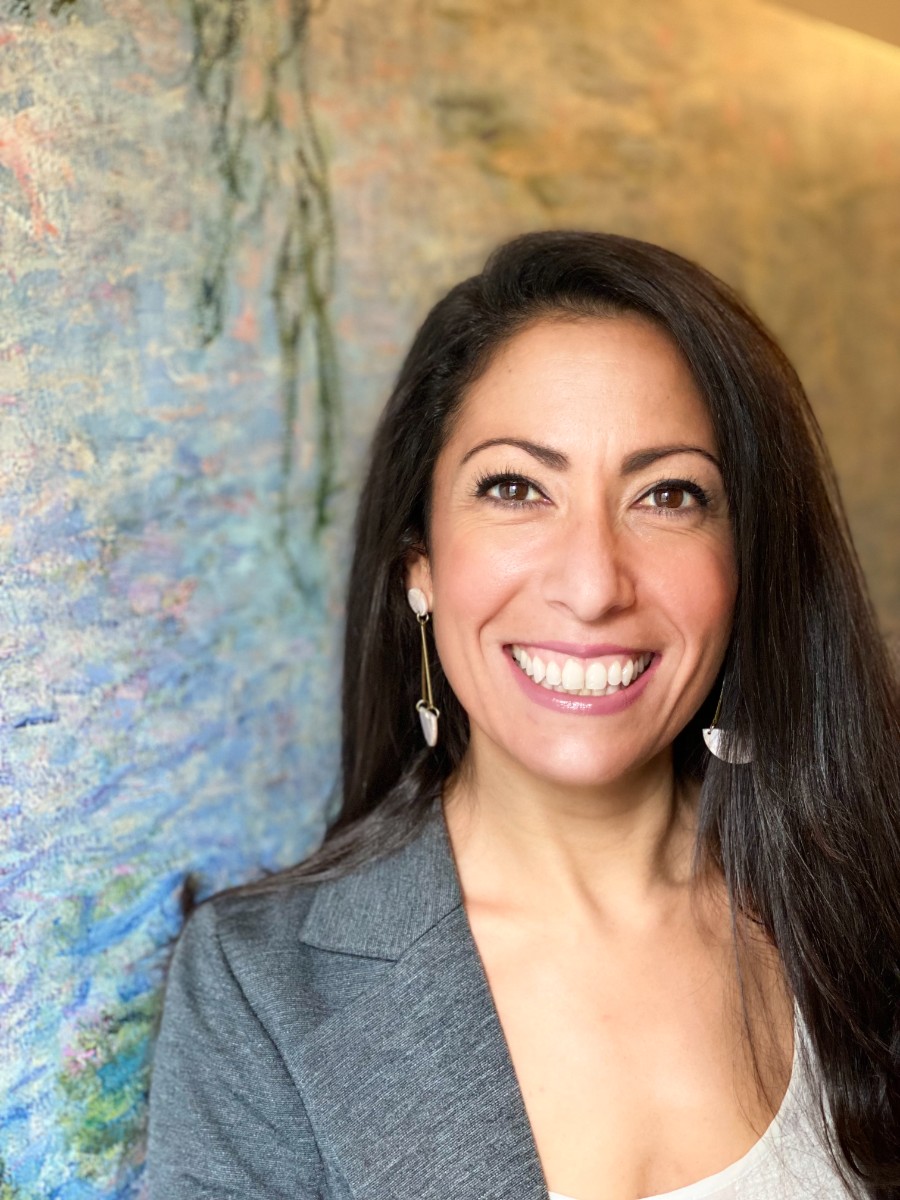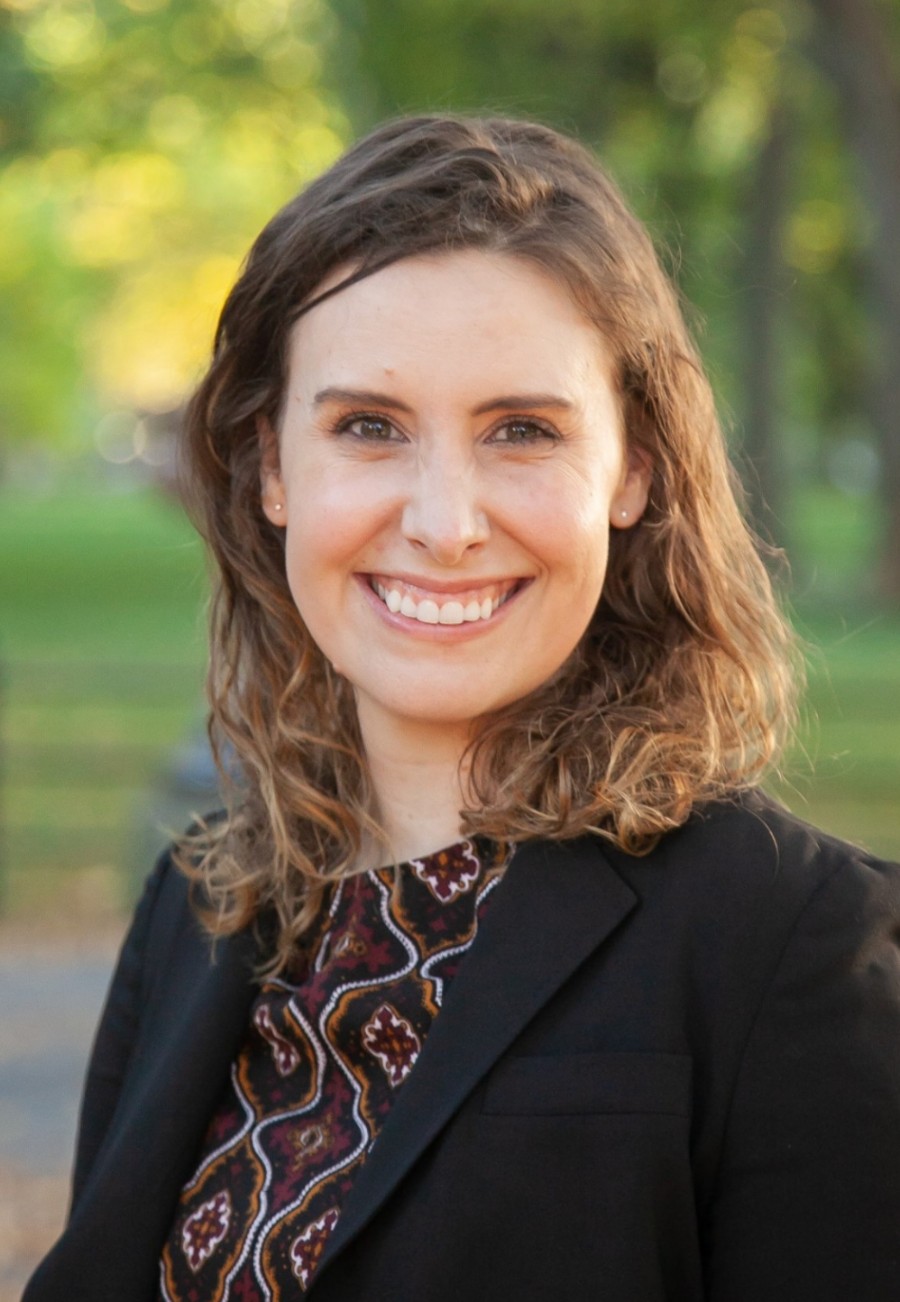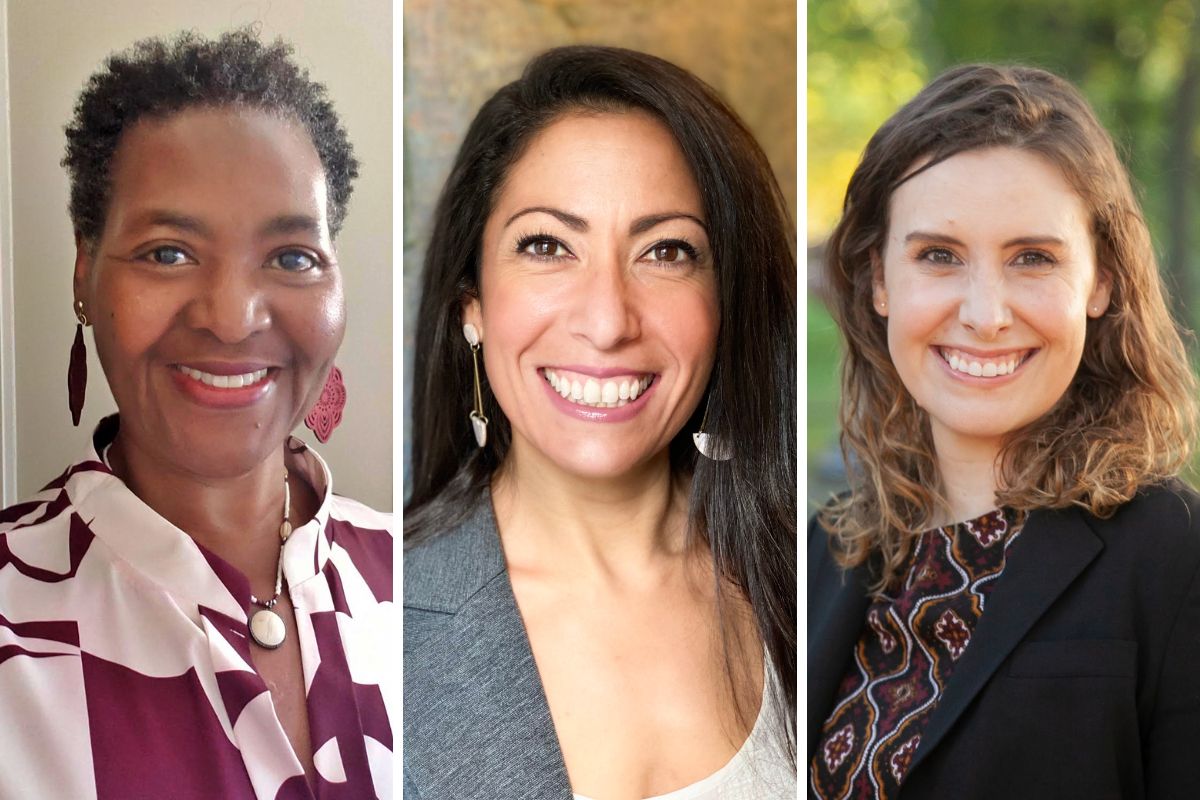As TC graduates know, a good mentor can have a profound impact on professional development and personal growth in any field. This is especially true in a graduate higher education setting, where faculty can provide vision, research opportunities and multifaceted support, whether guiding students through much-anticipated doctoral dissertation or encouraging new professional pursuits. TC faculty members including Felicia Mensah, Michelle Troche and Sonya Troller-Renfree have been recognized for their outstanding mentorship and unwavering commitment to students across the TC community.
We’ve asked them to share insights into their mentoring philosophies and advice. Here's what they had to say.
Felicia Mensah, Professor of Science Education
Association of Science Teacher Education: Outstanding Mentor Recipient
AERA Scholars of Color in Education Distinguished Career Contribution Award

Her Most Valuable Lesson: “Really see the student as an individual and evaluate their unique needs. What scholarly interests do they have? What do they want to do with their future degrees? I’ve learned that it helps to be collaborative and to actively brainstorm with students, too. It rejuvenates me when I'm able to help them to think of a great idea.”
Her Guiding Principles: “The ability to listen paired with accountability. I believe a good mentor is also a good role model, meaning the things I'm telling my students are the same things that I'm doing in one regard or another. This way, I'm able to hold myself accountable through them as they hold themselves accountable to me.”
Her Advice for New Educators: “Know yourself as an educator and what works best for you, but also, be able to anticipate what students need and be able to offer support in one way or another. Our students have to trust us throughout their educational journey, so it’s important that we try our best to help them [students] meet that goal at the end.”
Michelle Troche, Professor of Speech and Language Pathology
Landis Award for Outstanding Mentorship, National Institute of Neurological Disorders and Stroke (NIH)

Her Most Valuable Lesson: “My trainees have made me a better scholar, researcher, teacher and clinician — they have challenged me and provided new perspectives that have shaped me in countless ways — and I am deeply grateful for that.”
Her Guiding Principles: “I aim to model vulnerability, deep humility and generosity in my mentorship to support a collaborative and welcoming environment. Over the years, I’ve created a structure in the lab that allows for very fluid collaboration across trainees – and gives trainees opportunities to lead teams and support team members – both of which are unique skill sets and incredibly important in science.”
“My goal is to train clinical researchers to engage in rigorous work that is meaningful to them and impactful to the field while showing up as their complete selves and honoring their personal and professional values.”
Her Advice for New Educators: “When you first become a mentor, sometimes you think you need to be a perfect example, but I think we are much more effective as mentors when we are vulnerable and humble and honest with our mentees about the joys and challenges that we encounter on our professional (and personal) journeys.”
Sonya Troller-Renfree, Assistant Professor of Developmental Psychology
Priscilla Wohlstetter Faculty Mentoring Award

Her Most Valuable Lesson: “I have learned that I get as much from mentoring as I give. It’s essential to take the time to enjoy the mentorship process and, in return, to learn from my students in the process.”
Her Guiding Principles: “High warmth, understanding, and safety for my students are key, but I also hold high expectations. It's essential that when they [students] walk into the room to meet with me, they understand that I care, but also, I won't be afraid to set high expectations and encourage them to do their best work.”
“Sometimes, life gets in the way — data doesn't work how you want it to and any obstacles may crop up. Having grace and understanding in those moments is important as a mentor. We work as a team.”
Her Advice for New Educators: “Go into the process with an idea of the mentor you want to be. Don't be scared of changing course because the only way to succeed is to be genuine — trying to fit into a mentorship rubric is a recipe for failure.”
